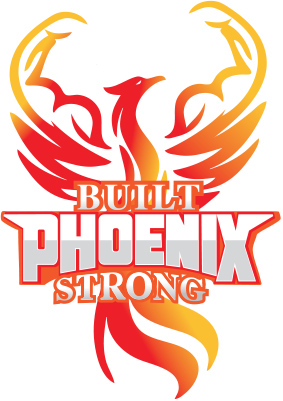Why You Must Work Out Your Heart Too—Not Just Your Muscles
When people think about working out, their minds often go straight to weightlifting, strength training, or building muscle mass. And while developing muscular strength is important, there’s one muscle that should never be overlooked—your heart. Cardiovascular health is just as critical as physical strength, if not more so, when it comes to living a long, active, and healthy life.
Too often, fitness routines become unbalanced, favoring aesthetics over internal wellness. But neglecting heart health can lead to serious consequences, even for those who appear physically fit. Here’s why incorporating cardiovascular exercise into your routine is essential—and how it can enhance your overall performance, longevity, and quality of life.
The Heart Is a Muscle Too
It may not be visible in the mirror, but your heart is one of the most important muscles in your body. Like any muscle, it needs regular activity to stay strong. When you engage in aerobic exercise—such as walking, running, swimming, or cycling—you give your heart a workout. This helps it pump blood more efficiently, lowers resting heart rate, and improves circulation.
Over time, a strong heart reduces the risk of heart disease, stroke, high blood pressure, and other cardiovascular conditions. For those who are regularly strength training, cardiovascular exercise helps balance the effects of weight lifting by reducing arterial stiffness and improving blood flow.
Cardiovascular Fitness Enhances Strength Performance
Many people are surprised to learn that a well-conditioned cardiovascular system can actually improve strength training results. Why? Because better blood flow means more efficient delivery of oxygen and nutrients to your muscles during resistance workouts. That leads to better endurance, faster recovery, and reduced fatigue.
Without good cardiovascular conditioning, your ability to perform high-intensity lifts or long workouts suffers. You may find yourself gasping for air before your muscles even begin to fatigue. In contrast, individuals who integrate cardio into their routine often find they can train longer and with more intensity.
Mental and Emotional Benefits
Working out your heart doesn’t just improve physical health—it also supports mental wellness. Aerobic exercise has been shown to reduce stress, alleviate symptoms of anxiety and depression, and boost overall mood. A strong heart improves blood and oxygen flow to the brain, supporting cognitive function and focus.
Incorporating activities like jogging, group fitness classes, or even dancing can significantly improve your mental clarity and emotional resilience. Many Buford gyms offer a wide variety of cardio classes, from high-intensity interval training (HIIT) to low-impact options like cycling or Zumba, making it easy to find something you enjoy.
Balance Is Key
A well-rounded fitness plan includes both strength training and cardiovascular exercise. You don’t have to run marathons to benefit from cardio—just 30 minutes of moderate activity most days of the week can make a significant impact on your heart health.
For example, pairing your weight training days with light cardio, or dedicating one or two sessions a week to heart-focused workouts, is a smart approach. Many Buford gyms provide personal trainers who can help you strike the right balance based on your goals and current fitness level.
Final Thoughts
Your muscles may give you strength, but your heart gives you life. Prioritizing heart health through regular cardiovascular exercise is essential, not optional. Whether you’re lifting heavy, chasing performance goals, or simply trying to stay active, never forget that your heart needs attention too.
By combining strength training with regular cardio, you’re not just building a better body—you’re building a better life. For those looking to stay consistent and supported in their journey, Buford gyms offer the community, equipment, and expertise to help you care for every part of your body—inside and out.
